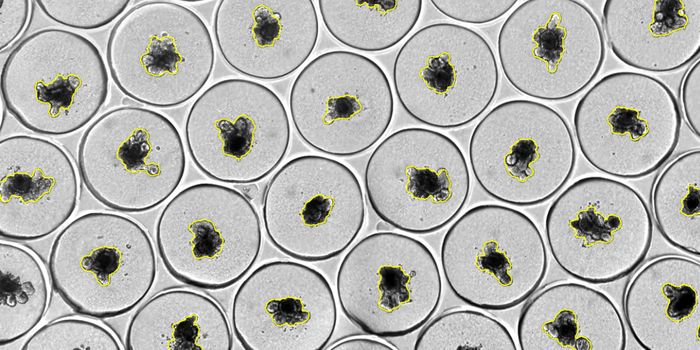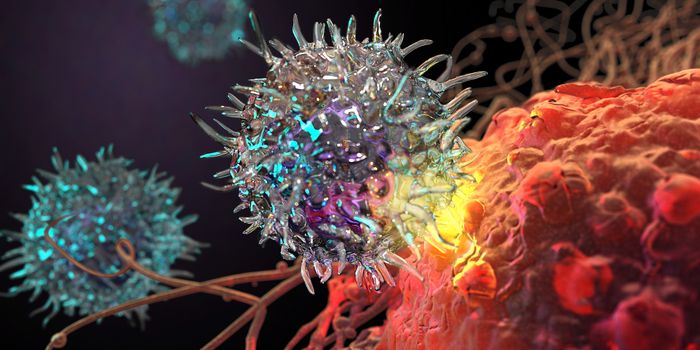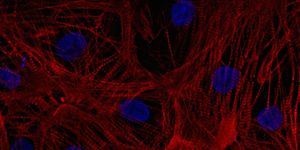Another Step Forward in the Fight Against Breast Cancer
Cancer is most deadly when it spreads from the part of the body where it formed to another part, metastasis. Breast cancer patients are killed not because of breast cancer recurrence, but because it metastasizes; migration to the brain is deadliest for the patient. Researchers at City of Hope have learned more about brain metastases in women suffering from HER-2 positive breast cancer. Around 40 percent of HER-2 positive breast cancers (explained in the video below from the Dana-Farber Cancer Institute) go on to experience brain metastases. Understanding more about the mechanism behind this event will help inform new treatments.
"More women than ever are surviving breast cancer only to die from breast tumors growing in their brains years after they've been declared cancer-free," explained the leader of the study, Rahul Jandial, M.D., Ph.D., a neurosurgeon and scientist at City of Hope. "I wanted to understand why women with HER2-positive breast cancer (around 20 percent of all breast cancers) have higher rates of brain metastases than women with other breast cancer subtypes and in turn, find their biological Achilles heel to develop new medicines." This work is set to be reported in Clinical & Experimental Metastasis, the journal of the Metastases Research Society.
A protein called reelin that is typically only found in the brain, also encases breast cancer cells, which acts as a shield preventing detection of the cancerous cells. The cells are able to avoid protective mechanisms used by the brain and can then take hold. From their, a dangerous brain tumor can begin to grow.
Following brain surgery, Jandial and his team were able to use the tissue samples remaining after the surgery, comparing those specimens to breast cancer tissue obtained during mastectomies that the same patients had undergone. The investigators found that expression of the reelin protein was low in tissue from primary breast cancer, but in breast cancer that was HER-2 positive and had metastasized to the brain, reel in expression was significantly higher.
"The cells are essentially able to act as spies that look like citizens," explained Jandial. "They release a mesh of protein and escape the brain's natural defense weapons, causing tumors to grow in the brain."
90 percent of all cancer deaths result from metastases; people that are diagnosed with metastases in the brain have only a 20 percent chance of living a year after their diagnosis. This work will hopefully help patients afflicted with cancer, especially those with metastatic breast cancer.
Sources: AAAS/Eurekalert! via City of Hope, Clinical & Experimental Metastasis









